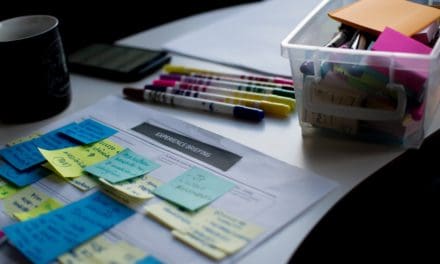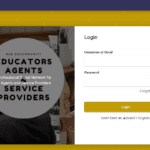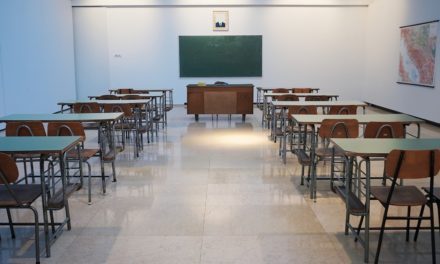
Teach Students to Behave Responsibly Online: to Be Safe and Smart

With the increase in delivering online learning, we need to teach students to behave responsibly online. Generally, we want to teach children to Code as early as Kindergarten. Still, we need to explain to a child that the tool he has got in his hand is powerful and will leave a powerful Digital Footprint for life which may not be erasable. We can compare it to giving a child a book to read without teaching him/her to learn alphabets, in which case they would misinterpret it, as they do not know to read.
Being digitally responsible involves the following principle: being safe, smart, kind responsible, tech-savvy online. Cyber-bullying is an issue obstructing students all over the world. The words are a very powerful tool, and we utter them without giving them enough thought and whether good or bad, how can they influence others. Everyone is different and tolerates harsh words and criticism differently. Even if one posts hard comments and opinions anonymously, it can still influence the beliefs about esteem and integrity.
The young generation must be explained how to represent themselves online, even in the face of difficult situations. Teachers and Parents play an essential role in teaching students to leave a positive digital footprint. Often we post information without giving it much of a thought, but the post can remain forever online. Students should be made aware of online reputation, establishing boundaries while posting personal information, photographs and sharing opinions carefully.
They need to understand that privacy matters. Digital wellbeing, health and safety are core aspects and excess screen time and use of social media influence a child’s health and thoughts. It is useful to set device/App usage timers, controlled screen brightness and set boundaries that children have online for their learning and fun. Delivering online teaching means the students spend more time on their device, so parents and teachers need to encourage activities that can be done offline.
Children should learn at a young age in protecting their personal information, passwords, photos. It is essential to become Cyber safe as we use more shopping online, credit cards, and internet banking.
The online world can be deceiving, and not everything online is real. Students need to learn not to trust everything online and learn the method of identifying/discriminating news from its fakeness. An excellent way to do so is by relying on reputed sources of websites for information and cross-reference it with a secondary reputed source. We are a part of the growing digital world, so we need to make it safe and kind and use it with responsibility but not to forget about the real world.
























